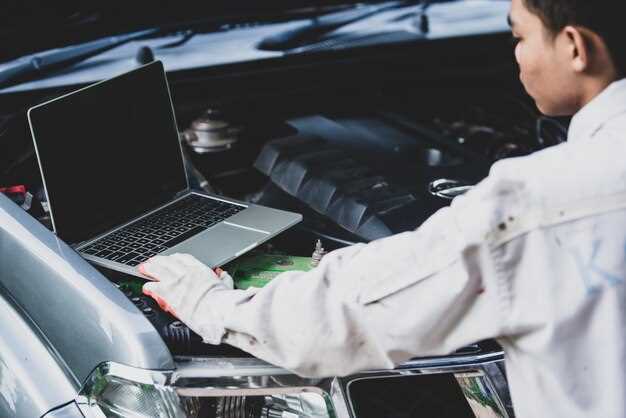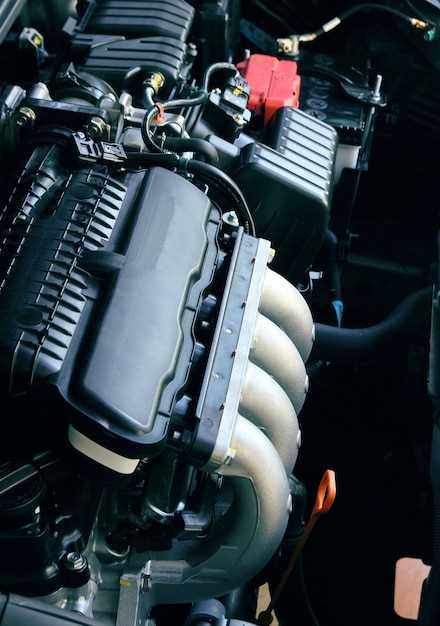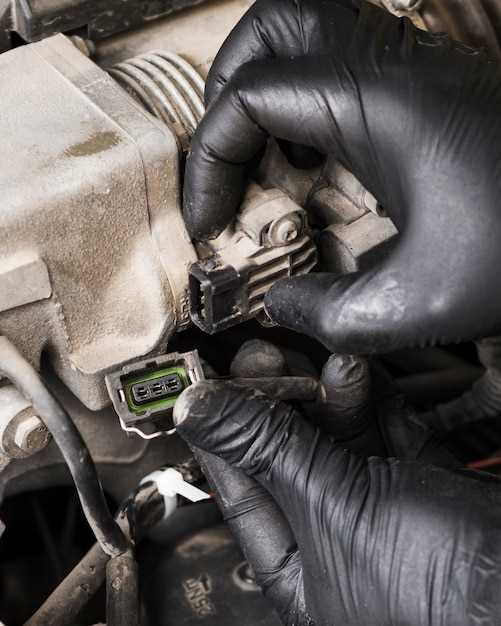
Diesel engines are renowned for their efficiency and durability, largely due to the advanced technology found within their fuel injection systems. These systems, particularly the injectors, are crucial for optimal engine performance, delivering precise amounts of fuel to the combustion chamber. However, like any mechanical component, they are prone to a variety of issues that can affect engine operation significantly.
One of the most prevalent problems encountered in diesel fuel injection systems is injector clogging. Over time, deposits can accumulate within the injectors, restricting the fuel flow and leading to poor engine performance and increased emissions. Additionally, wear and tear on the injectors can also lead to fuel leaks, compromising the engine’s efficiency and creating potential safety hazards.
Inconsistent fuel delivery is another common issue that can arise due to faulty diesel injectors. This inconsistency can result in rough engine idle, decreased power output, and even increased fuel consumption. Addressing these problems promptly is vital for maintaining the overall health of the diesel engine and ensuring its longevity.
How to Identify Symptoms of Failing Diesel Injectors
Identifying the symptoms of failing diesel injectors is crucial for maintaining optimal engine performance and preventing costly repairs. One of the most common signs is a noticeable drop in engine power. If your diesel engine struggles to accelerate or feels sluggish, it could be due to inefficient fuel delivery caused by clogged or malfunctioning injectors.
Another symptom to watch for is increased fuel consumption. When diesel injectors are not functioning correctly, they may deliver more fuel than necessary or fail to atomize it properly, leading to higher fuel usage. You might notice that you are refueling more often than usual, which indicates a potential issue with your injectors.
An uneven or rough idle is also a strong indicator of injector problems. If the engine runs roughly when idling or experiences vibrations, this could be a result of inconsistent fuel flow from faulty injectors. Engine noise may also change, becoming louder or more irregular, signaling that the injectors are not operating efficiently.
Additionally, watch for excessive exhaust smoke, particularly black smoke, which signifies that the engine is burning too much fuel. When the diesel injectors fail to spray the fuel evenly, it results in incomplete combustion, causing smoke. This symptom, combined with others, can confirm injector issues.
Lastly, if you experience starting difficulties, particularly in cold weather, this can be attributed to malfunctioning diesel injectors. If the injectors are not supplying fuel effectively, starting your engine can become a challenge. Addressing these symptoms promptly can prevent major repairs and ensure the longevity of your diesel engine.
Steps for Troubleshooting Diesel Fuel Injection Issues

Identifying diesel fuel injection problems requires a systematic approach to ensure accurate diagnostics. The following steps can assist in isolating the issue related to the fuel injectors and overall system performance.
1. Visual Inspection: Begin by inspecting the diesel fuel injectors for any visible signs of leakage or damage. Check the fuel lines and connectors for cracks or loose fittings, which could lead to air entering the system.
2. Check Fuel Quality: Ensure that the diesel fuel used is clean and of good quality. Contaminated fuel can cause injector malfunction, leading to poor engine performance. If necessary, replace the fuel filter and drain the tank to remove any particulates.
3. Test Fuel Pressure: Using a fuel pressure gauge, check the pressure at the fuel rail. Inadequate pressure can indicate a failing fuel pump or clogged fuel filters, which can affect injector performance.
4. Injector Testing: If problems persist, remove the injectors and conduct a flow test. This can determine if the injectors are delivering the proper amount of fuel. A variation in flow among injectors may suggest a blockage or the need for replacement.
5. Check Electrical Connections: Inspect the electrical connections and wiring leading to the injectors. Damaged wires or poor connections can impair the injectors’ ability to operate correctly. Use a multimeter to check for continuity and proper voltage supply.
6. Perform an Injector Balance Test: Conduct an injector balance test to compare the performance of each injector under operational conditions. This test can help identify any injectors that are not functioning within expected parameters.
7. Scan for Diagnostic Trouble Codes (DTCs): Utilize a diagnostic scan tool to check for any stored trouble codes in the vehicle’s ECU. This can provide insights into electrical or mechanical issues impacting the fuel injection system.
8. Evaluate Engine Performance: Consider the overall performance of the engine. Symptoms such as hard starting, rough idling, or decreased fuel efficiency can indicate specific injector problems that need attention.
9. Consult Manufacturer Specifications: Refer to the vehicle’s service manual for specific diagnostic procedures and specifications for the diesel fuel injection system. Following these guidelines can help pinpoint issues effectively.
10. Seek Professional Help: If the issue remains unresolved after completing the above steps, it may be necessary to consult with a diesel engine specialist. Their experience and advanced diagnostic tools can further assess complex problems within the fuel injection system.
Best Practices for Diesel Injector Repair and Maintenance

Proper maintenance and repair of diesel injectors are crucial in ensuring optimal engine performance and fuel efficiency. To achieve this, several best practices should be followed.
Firstly, regular inspection is essential. Periodically check injectors for signs of wear, leaks, or carbon buildup. Inspecting the injector nozzles, seals, and bodies can help identify issues before they escalate, preventing more extensive damage and costly repairs.
Secondly, when a diesel injector requires repair, it is vital to use high-quality replacement parts. OEM (Original Equipment Manufacturer) parts are recommended to ensure compatibility and reliability. Using inferior parts can lead to further malfunctions and compromise the overall fuel system.
Additionally, cleaning diesel injectors is a vital practice. Ultrasonic cleaning can effectively remove deposits and contaminants, improving injector performance. It’s crucial to follow manufacturer guidelines regarding cleaning procedures to avoid damage.
Another key practice is the proper installation of injectors. Ensure that all fittings are tightened correctly and that seals are in optimal condition. Misalignment or improper sealing can lead to leaks, which can severely affect engine performance.
Preventive maintenance is paramount. Regularly change fuel filters and ensure that the fuel used meets quality standards. Contaminated or poor-quality fuel can lead to injector damage and inefficiency.
Finally, consider professional servicing when dealing with complex repairs or diagnostics. Certified technicians possess the expertise and specialized tools necessary to accurately assess and rectify injector issues, ensuring a thorough job that prolongs injector lifespan.




